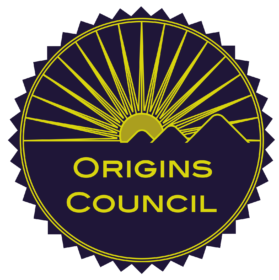about us
Mission & Vision
Origins Council was founded in 2019 as a California 501c4 nonprofit education, research and policy advocacy organization. Our organization is dedicated to sustainable rural economic development within cannabis producing regions, and establishing nationally and internationally recognized, legally defensible, standards-based, geographic indication systems for cannabis.
Our organization’s vision is for legacy cannabis producing regions around the world to drive global sustainable development and regenerative agriculture through the regulated production and research of high quality craft cannabis and herbal medicine products.
Critical to this mission and vision are public policies and programs that protect and promote these regions legacy cannabis farmers and medicine makers including their genetic, cultural, natural and economic resources.

Mendocino Appellations Project

MAP was founded in 2016 to pursue the development of legal geographic indication systems and standards-based appellation of origin designations for cannabis. MAP takes a coalition approach to our work and collaborates with multiple strategic partners in our education, research and policy initiatives.
During 2017 & 2018, MAP chaired the California Growers Association Appellations Sub Committee, broadening the regional scope and impact of our work. Pursuant to the policy efforts of CGA, California Senate Bill 94 passed into law in 2017, mandating that the California Department of Food and Agriculture begin establishing an appellation of origin program for California cannabis inclusive of standards, practices and cultivars.
Origins Council is built upon the foundational work and approach of MAP and the CalGrowers Appellations Committee, and has been developed with the input and support of our strategic partners and regional membership base. MAP is now a sponsored project of the Origins Council, managed in partnership with the Mendocino Cannabis Alliance.
Executive Director

Genine Coleman
Genine is the Founder of Origins Council and the Co-Founder of the Mendocino Appellations Project, which is now a regionally sponsored project of Origins Council.
Genine serves on the Board of Directors for the 420 Archive, which is devoted to collecting, preserving and sharing the history of cannabis culture and prohibition in the United States. She is one of the founding board member of the Mendocino Cannabis Alliance, formed in 2019. From 2017 – 2019, Genine served on the Board of Directors of the California Growers Association and Chaired the organization’s Appellations Committee.
Genine has a background in fine art, marketing, communications and education. She has studied traditional arts from around the world including; Ancestral Earth Skills, West African and Zimbabwean music, Internal Chinese Martial Arts and Kriya Yoga.
Genine lives in Mendocino County. She cultivated cannabis for over 20 years – in a wide variety of contexts and places, using various practices and methodologies – before taking up cannabis patient and policy advocacy, her focus for the past 8 years.
board of directors
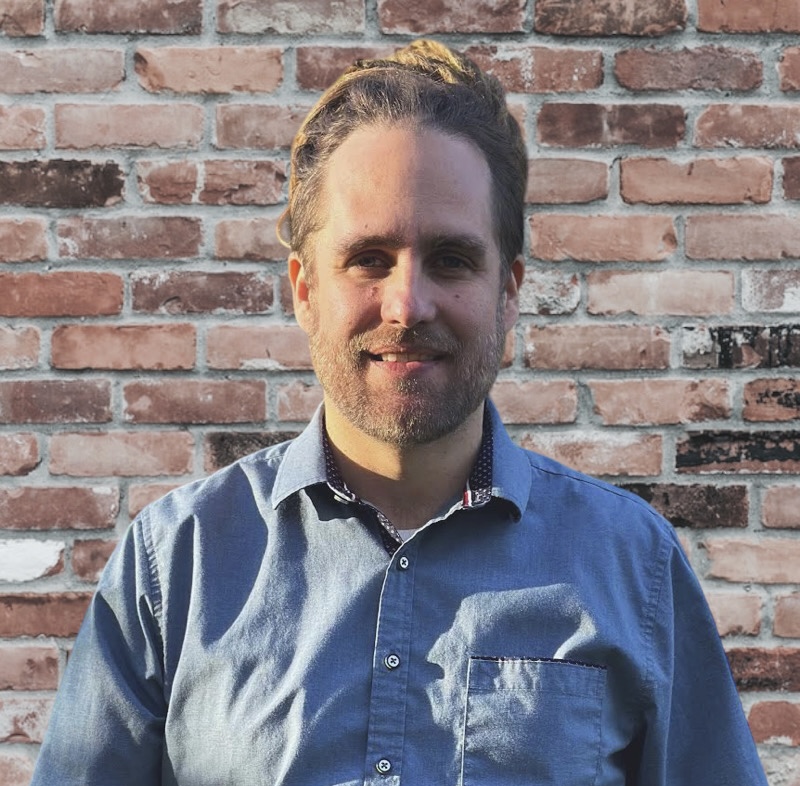
Patrick Sellers
After California voters passed Proposition 64 in 2016, new regulations forced Patrick to shut down his cannabis farm. He shifted his attention to consulting and advocacy for the cannabis industry, supporting small cultivation businesses in Mendocino County. His consulting work is grounded in project management, strategic planning, and administrative support, focusing on the permitting/licensing and compliance processes. He formed Headquarters Consulting in 2020 and offers a wide range of services to support compliance needs.
His work as a policy advocate for the cannabis industry began in 2017 when he volunteered as the Chapter Director for the Mendocino Chapter of the California Growers Association (MCGA) and worked to merge with the Mendocino Cannabis Industry Association (MCIA) to form one unified organization to advocate for the Mendocino cannabis industry. As a result, the leadership of both organizations formed the Mendocino Cannabis Alliance (MCA) in 2019, and Patrick served as founding president until late 2021. MCA is a regional partner of Origins Council and during this time Patrick also represented Mendocino as a Regional Chair on the Origins Council Regional Council.
In late 2022, after a break from advocacy work to focus on the birth of his son, he joined the Origins Council Board of Directors and now serves as its Chair. As a lifelong advocate for drug policy reform and cognitive liberty, Patrick hopes that his work as both a consultant and advocate will secure meaningful opportunities for small businesses to participate as reform efforts succeed and new markets emerge.
Prior to farming cannabis, Patrick promoted visionary art and psychedelic culture through his work with the Tribe 13 Art Gallery in Ukiah and the Temple of Visions Gallery in Los Angeles. He was an Art Director for Envision Festival in Costa Rica, and from 2011-2013, he volunteered as a senior project manager on Fractal Planet, a massive Burning Man camp and “experiment in transformational culture” which brought together festival production companies from around the world to produce multiple stages, galleries, workshops, and art installations.
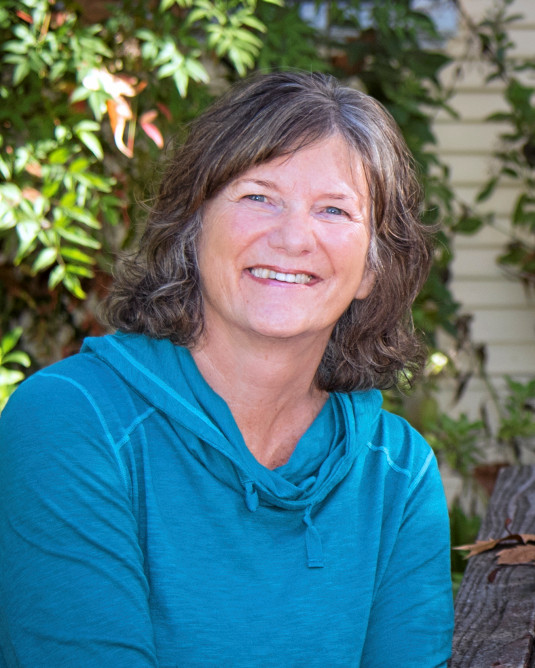
Sara O’Donnell
Sara has been a resident of Mendocino County for nearly 50 years, first moving to the county in 1970 as part of the back to the land movement. In 1981, she and her husband established a family farm that is off grid and practices organic farming methods as legacy cannabis farmers. In 1995,
Sara established a grass-roots nonprofit organization, the Cancer Resource Center of Mendocino County, and served as its executive director until retiring in January 2017. In her work at CRCMC from 2004-2014, she partnered with UCSF and served as Co-Principal Investigator on four community based participatory projects that were funded by the California Breast Cancer Research Institute, the largest state funded breast cancer research program in the country. Ms. OʼDonnell continues to consult on CBPR projects with a focus on community engagement.
Sara continues her community involvement by serving as the 5th District representative to the Mendocino County Health and Human Services (since 1999); board member of the Mendocino Coast Clinics; Steering Committee member of Bay Area Breast Cancer Survivorship Project; member of Mendocino Generations Farmers Alliance.

Michael Krawitz
A disabled United States Air Force Veteran [Sergeant, 1981 – 1986]. Michael Krawitz serves as Executive director of Veterans For Medical Cannabis Access [VMCA] as well as other board and advisory roles. After California’s 1996 Proposition 215 Michael observed that cannabis used as a palliative adjunct pain treatment to opiates not only produced better pain relief but also significantly lowered the number of pain pills used. Michael identified the emerging use of so-called “pain contracts” as a policy that would eventually make it impossible for patients to use cannabis as an adjunct medication and therefore lose any associated opiate overdose and suicide reduction. With the help of Michael’s intervention, the VA has revised its pain management system removing the “pain contracts” in favor of a policy based upon informed consent. Leading VMCA Michael successfully negotiated the first ever VA medical cannabis policy in 2010 and has since overseen the nationwide effort to add Post Traumatic Stress as a qualifying condition under state medical marijuana access laws. Currently Michael is a leader of the working group on medicinal access to cannabis in the final stages of the Critical- Review process of the World Health Organization Expert Committee on Drug Dependence.
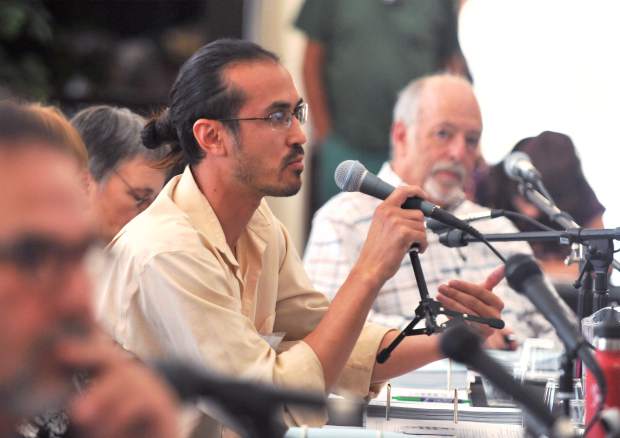
Jonathan Collier
Jonathan Collier served as founding board member the Nevada County Cannabis Alliance and served on the board of directors of the California Growers Alliance. He also served on the CGA Appellations Committee over 2018. He is the author of The Craft Cannabis Revolution: Succeed as a Small Business in a Giant Industry, where he assists independent, legacy cultivators in transitioning into the legal marketplace. His background includes formal studies in business, marketing, philosophy, poetry, and the behavioral sciences at the University of Colorado Boulder. He has pursued an interest in consciousness studies, human potential and holistic health receiving certifications as a massage therapist, yoga instructor, EDGU teacher, and practitioner of various healing modalities. He currently resides near Grass Valley, CA and serves as a community advocate, and also sits on the board of directors for the Nevada County Arts Council, and the Briarpatch Food Co-op.

Swami Chaitanya
Swami Chaitanya grew his first plants on a south facing slope of Telegraph Hill, in the heart of San Francisco, in the late 1970ʼs. He graduated Phi Beta Kappa from Wesleyan University and studied at the University of Freiburg, Germany, the University of Wisconsin-Madison, and the University of Pennsylvania, Annenberg School. He has lived in Europe, India, China and South America, and took initiation as Swami Chaitanya at Kumbha Mela in India in 1998. After sampling cannabis products across the globe, Swami moved to Mendocino County to hone the art of cultivating sun grown cannabis organically and co-founded the “Swami Select” brand of cannabis. Swami served as a Judge in The Emerald Cup for 20 years and is one of the founding members of The Ganjier Council. Swami served as a Founding Board Member of Origins Council from 2019 through 2024, and now serves Origins Council as Board Member Emeritus.

Chris Halmo
In Loving Memory, January 12th, 1974 – April 18th, 2020
Chris Halmo, Founding Board Member
Mendocino Appellations Project and Origins Council
Christopher was a third-generation farm owner in his beloved Anderson Valley of Mendocino County, and worked as a Film Director out of Venice Beach. He was a founding board member of the Mendocino Appellations Project, Emerald Exchange and Green Table. Christopher worked on cannabis policy through the Mendocino Heritage Initiative and Appellation of Origin advocacy. He co-created the Farmers Market brand with Tommy Chong to showcase the art of sungrown cannabis. As Ambassador to the Anderson Valley Appellation, he was a bridge between the cultures and markets of Northern and Southern California. He hosted food, wine and cannabis events, and at the time of his passing was working on a documentary about the legacy cannabis movement. Chris’ passion and vision were instrumental to the founding of Origins Council. He is deeply missed by all and lives on in our work on behalf of the legacy cannabis producing communities of California.
advisors
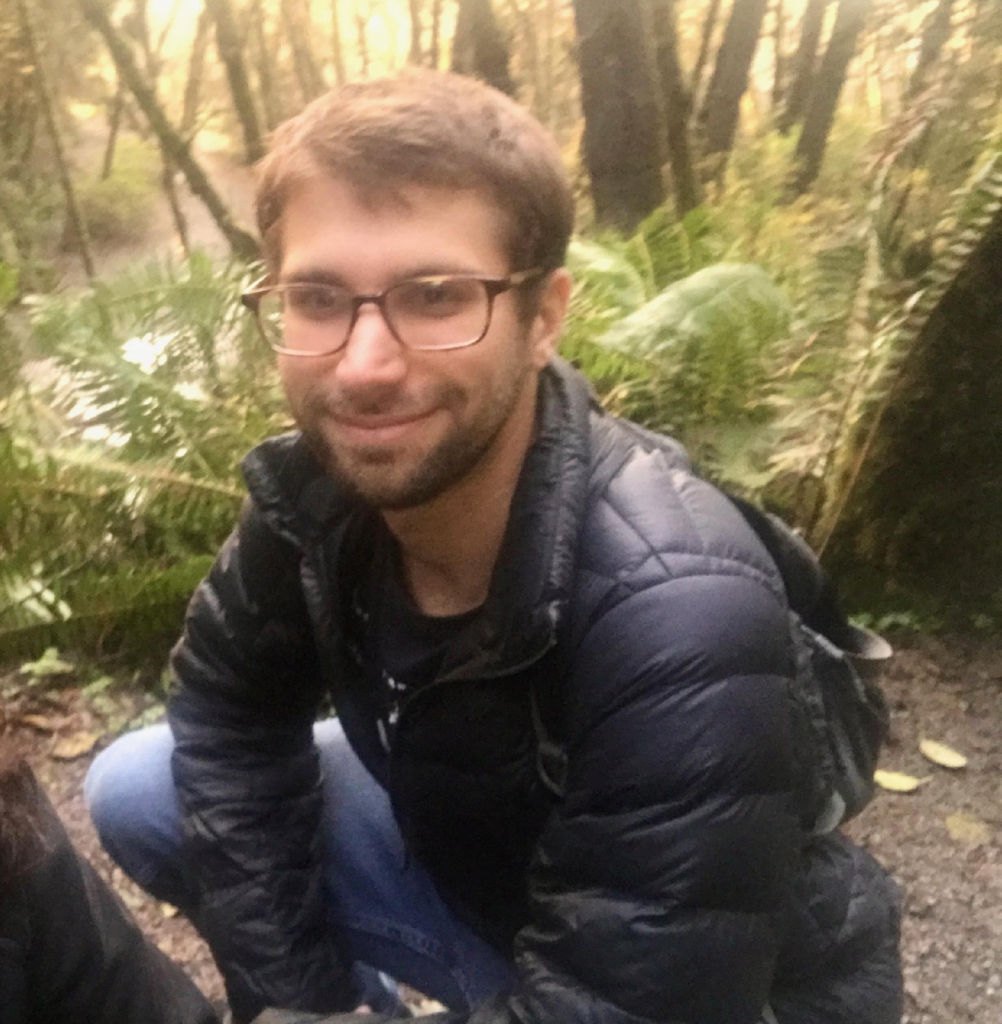
Ross Gordon
Ross is Policy Director with Humboldt County Growers Alliance (HCGA) and Policy Chair with Origins Council (OC). In these roles, Ross works to help direct HCGA and OC’s policy advocacy at the local, state, and federal level. Following the passage of Proposition 64, Ross worked as policy staff for California Growers Association, a statewide trade association primarily representing the interests of small, independent, and legacy cannabis farmers in rural California. In 2018, he began working for HCGA with a focus on a range of legislative and regulatory policy goals including sustainable rural economic development, the protection of the Humboldt name, and the ability for small and independent businesses to succeed within the regulated cannabis market. In 2021, following HCGA’s decision to join Origins Council as a regional partner organization, Ross came on board as Policy Chair with Origins Council to help represent the interests of legacy California producing regions on a statewide and federal level.
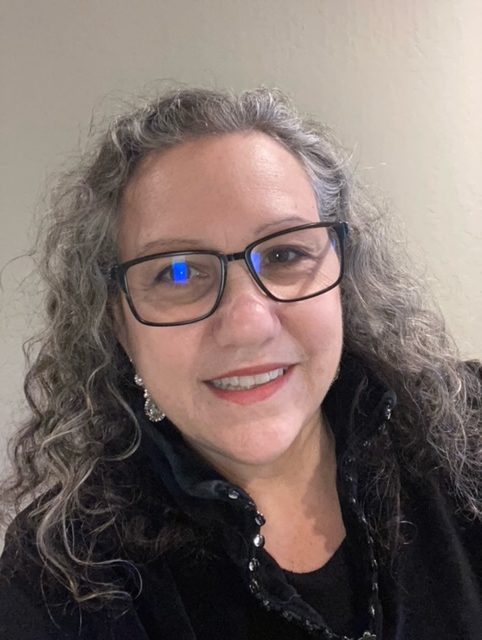
Hannah Nelson
Hannah L. Nelson has a deep history in cannabis law, originally as a criminal defense and civil rights attorney, and currently as a business, land use, partnership, contract and compliance attorney who helps clients navigate their way through all aspects of cannabis regulation. She combines her legal and regulatory knowledge with her practical business implementation skills to help clients move from producer/farmer patients to successful entrepreneurs. Hannah has represented many medical cannabis individuals and collectives, including the first large-scale cannabis collective in Mendocino County to be permitted under the original 9.31 ordinance. In addition to her historical participation in regulatory and legislative efforts, she continues to help refine and improve the regulations that have been enacted by providing specific feedback and suggestions to regulators and by maintaining a dialog with numerous agencies at the local and state levels.
Though Hannah has a great deal of experience in cannabis regulation and business law, she is probably most well known for the landmark 1996-1999 Brown case in which she obtained the first-ever court-ordered return of medical marijuana, a ruling upheld by the California Supreme Court despite the government’s three appeals. After the Supreme Court refused to overturn the order, she then successfully fought the Attorney General’s attempt to require that the medicine be returned only through an attorney. Eventually, her client was the first patient to ever walk out of a law enforcement building with their medicinal cannabis returned. She conducted the entire case pro bono for years because she felt strongly that these rights needed to be secured for patients. She continued to fight that case for free for an additional six months because she believed that securing the rights of patients to get their medicine back would be effectively meaningless if they were required to have the return of property go only through an attorney.
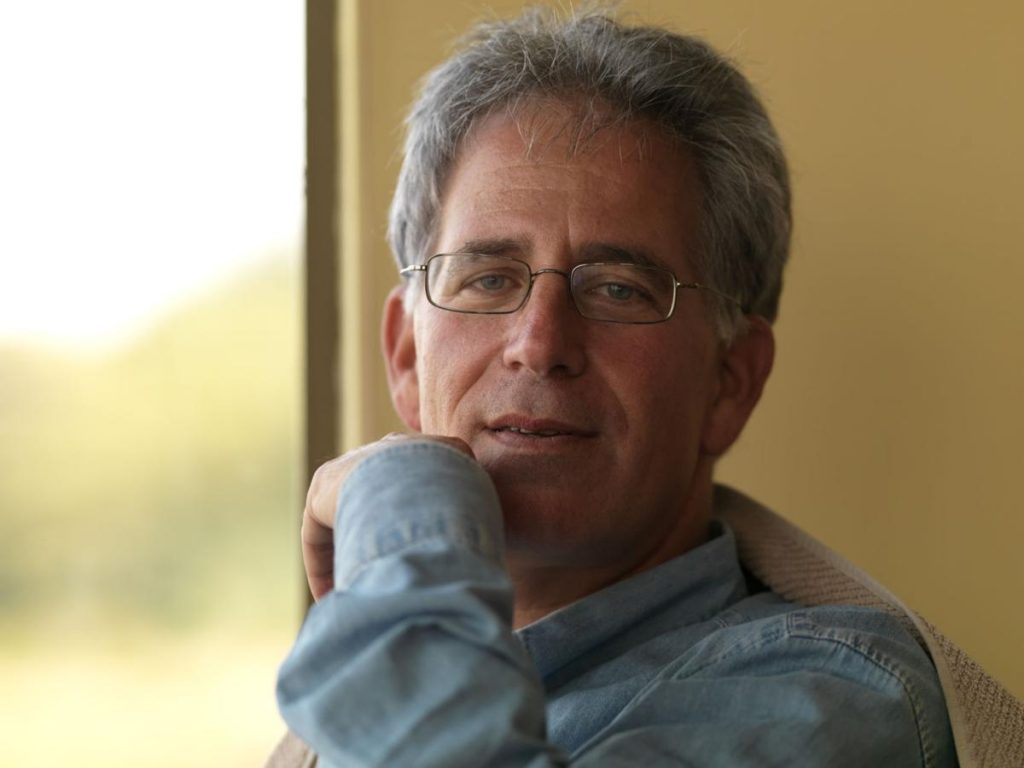
Richard Mendelson
Richard is a wine lawyer at the law firm of Dickenson, Peatman & Fogarty in Napa and Santa Rosa who specializes in the establishment of American wine appellations. Richard also represents the Napa Valley Vintners, which is the trade association of Napa Valley wineries, and in that capacity has worked to protect the Napa name at home and abroad. Richard directs the the Wine Law and Policy Program at UC Berkeley Law School. He has written several books on wine, including most recently Appellation Napa Valley: Building and Protecting an American Treasure (Val de Grace 2016).

Eleanor Kuntz
Eleanor has a B.A. degree in Biology with a focus in Botany from Smith College and a PhD in Genetics from the University of Georgia. Eleanorʼs academic work focused on gene flow and the evolutionary history between wild and cultivated plants, and has spent her post-graduate career using plant genetics to design and implement Best Agricultural Practices for natural product companies. Devoted to honoring the true benefit of plants to the human body, Eleanor is also a trained herbalist, as a graduate of the Sage Mountain School of Herbal Studies under the mentorship of Rosemary Gladstar. An entrepreneur bridging the gap between traditional herbalism and modern science, Eleanor has recently merged her two plant passions together by co-founding LeafWorks, a botanical verification company using genetics improve medicinal quality, sustainability and transparency in the supply chain for the best possible plant experience. She is also Co- Founder of Canndor, the Peoplesʼ Herbarium. Canndor is committed to documenting and preserving Cannabis cultivars and collective knowledge, through community engagement. Eleanor is passionate about enhancing our connection to plants and understanding the relationship between plant, ecosystem and planet.
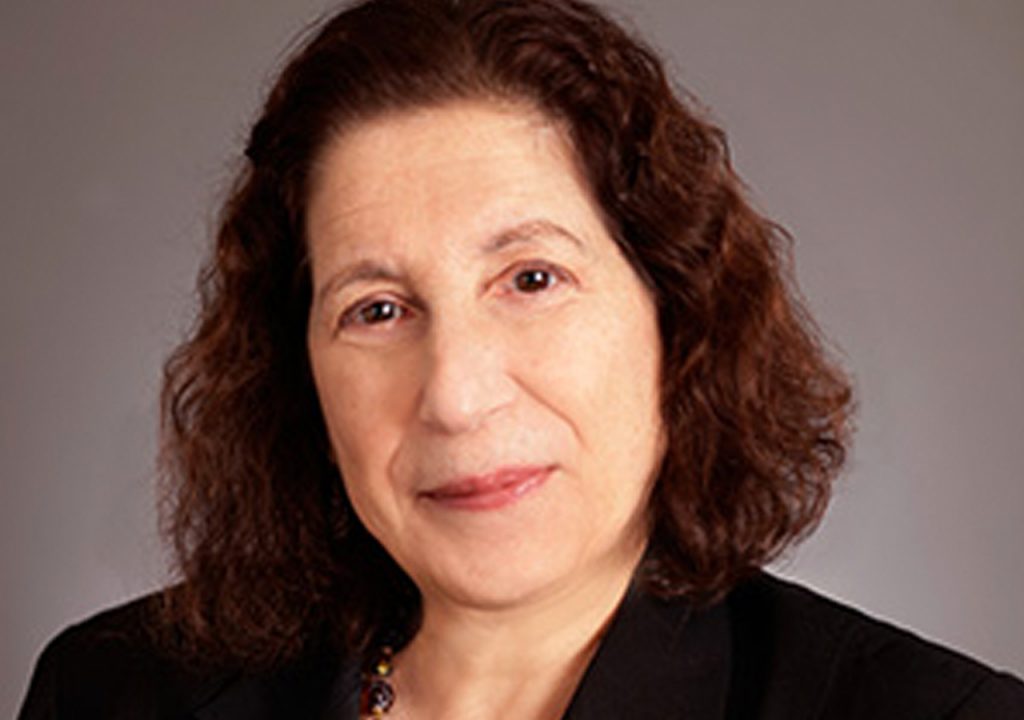
Mary Shapiro
Following 20 years in the publishing industry in marketing capacities, she started her legal career in 1999 at Townsend and Townsend and Crew LLP. There, Mary supported business in a variety of industries: technology, medical device, pharmaceutical, publishers, wineries, foundations and consumer products. Mary began her solo practice in 2009, continuing her day-to-day work clearing, filing, prosecuting, and enforcing trademarks in the U.S. and around the world. Her cannabis practice began in earnest in 2009 and in 2016, Mary rebranded to Evoke Law, a firm specializing in serving the cannabis industry. Evoke Law provides pro bono assistance to Marijuana Policy Project, Americans for Safe Access, and the California Cannabis Industry Association. A founding member of the International Cannabis Bar Association (INCBA) and now secretary, Mary steers the organization’s international expansion. She is also a First 50 supporter of Women Grow. She speaks at industry conferences including NCIA, CCIA, NCBA, and Emerald Cup.

Jude Thilman
Jude Thilman has founded and directed 501(c)3 non-profit corporations and large-scale projects since 1986. She brings 30 years’ experience in the management of complex, multi-dimensional projects and in the production of educational media, for which she has received national awards. She comes from a life-long commitment to social change and has been an activist on behalf of many causes, including civil rights, gender and reproductive rights, peace and social justice campaigns, and many others. In 2011 She co-founded Dragonfly Wellness Center in Mendocino County and is herself a cannabis patient. She strongly believes in health care as a human right and sees a return to traditional, herbal medicine as sounding the death knell for a “pharmaceuticals dominant” approach to resolving “dis-ease.”
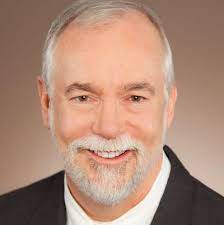
James G. Moose
Mr. Moose joined Remy Moose Manley in 1986 as an associate, became a partner in 1990, and is now the senior partner in the firm. His practice focuses on land use, water, and environmental matters, with an emphasis on issues arising under the California Environmental Quality Act (CEQA), the State Planning and Zoning Law, the National Environmental Policy Act (NEPA), the Endangered Species Act, the California Endangered Species Act, and other relevant land use and environmental statutes. He represents public agencies, project proponents, consulting firms, non-profit organizations, and individuals. He handles all phases of the land use entitlement process and permitting processes, including administrative approvals and litigation. Over the course of his career, he has also participated in drafting amendments to CEQA and the CEQA Guidelines.

Mark Smith
Mark Smith is the Founder and Principle at the Smith Policy Group (SPG) a Government Relations Firm representing clients in Sacramento, Ca and Washington D.C.
Prior to founding SPG, Mark was a Senior Policy Advisor at Environmental and Energy Consulting and Conservation Strategy Group. Before that, Mark was the Western Region Director of Public Policy for Ducks Unlimited, where he directed local, state, and federal policy and strategy for nine western states. He previously worked as a in-house lobbyist for one of the state’s largest investor owned utilities, and represented ACEC California for 6 years as their in-house lobbyist. He has also worked as a Legislative Director in both the California Senate and Assembly.
Mark most recently served on the California Water Commission’s Stakeholder Advisory Committee for Proposition 1 to guide its implementation. Mark has also used his deep policy expertise in his work on Propositions 84 and 1E and served in a leadership capacity on the Proposition 68 campaign, focused on securing a successful vote on this $4.1B bond. Mark has successfully raised millions of dollars for client priorities and helped manage and win campaigns generating billions for water, natural resources, and infrastructure.
